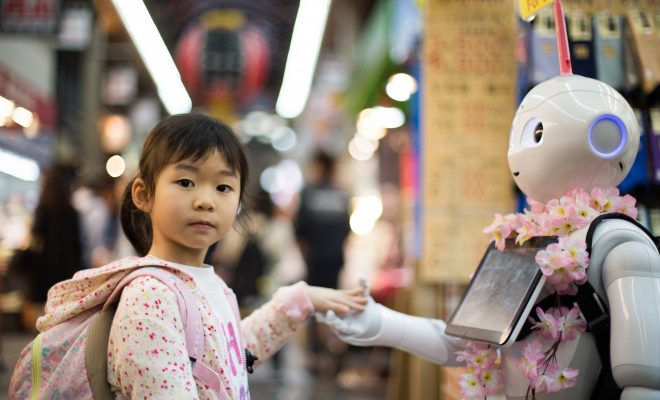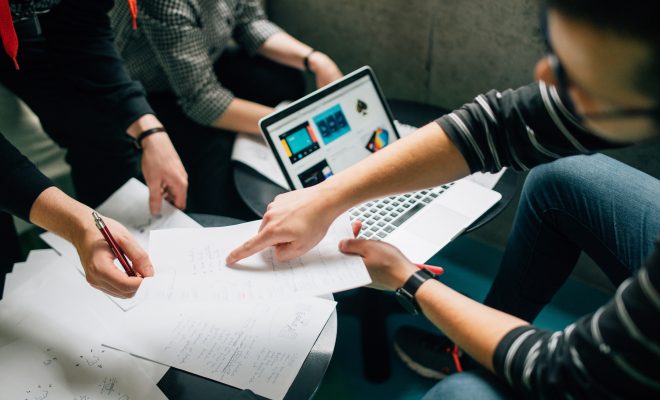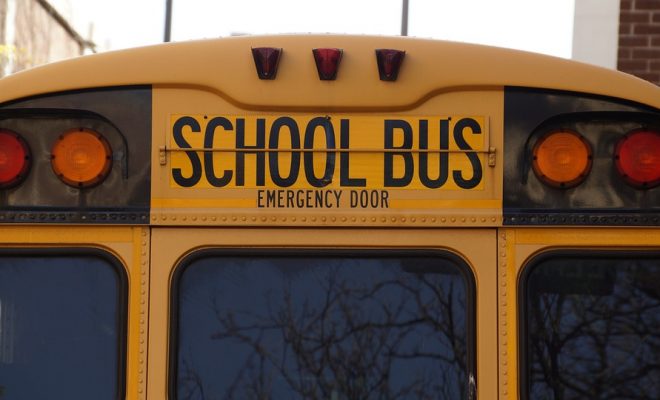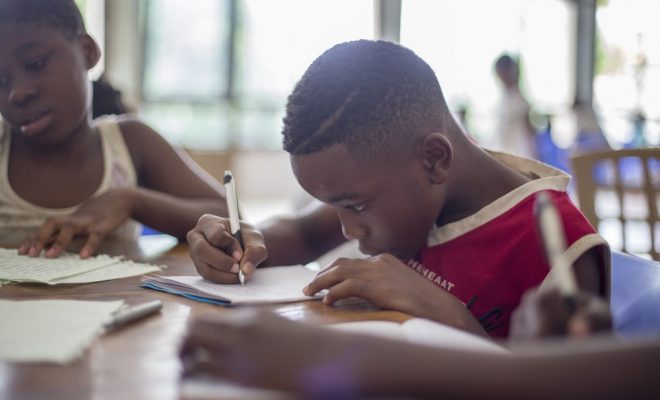How AI Is Changing Special Education

The prospect of integrating technology into our education systems is certainly not a new concept. Computer technology has steadily seen more use in classrooms for a while now, and it is unlikely to go away anytime soon.
Recently, however, this technology has become even more advanced than we may have ever conceived. It is slowly reshaping our entire education system – for better or for worse. In the case of students with special needs, thankfully, it is the former.
In this short article, we will explore the use of AI (artificial intelligence) in special education and the changes – good or bad – it has already made to these systems. We can only offer our thoughts and observations. With all that being said, let us take a look at AI.
AI Is Personalized
When it comes to students with special needs, they will have different levels of engagement and learning capability with particular teaching methods. Of course, the technology still has a way to go, but AI presents a highly personalized approach to teaching that can adapt to each student’s particular needs. Additionally, because no other students will be able to access the same application simultaneously, they will not be able to compare themselves to one another. Thus, they will feel a lot more confident.
If you are interested in other exciting technological innovations, check out this article.
If you are interested in what your fellow educators think, we highly recommend using Pedagogue to get in touch. You can share tools, tips, tricks, and learning materials, as well as apps and AI recommendations.
The Use Of AI Can Help Increase a Child’s Attention Span
Because of the numerous stimuli associated with computer technology such as this, children with special needs are more likely to engage with AI. We do not need to explain why this is of great benefit. Simply put, a more engaged student is a more successful student.
But this does not only apply to children with special needs. Bringing practical AI into the learning environment offers a ‘hands on’ approach that will allow kids to experience simulations and realtime examples that demonstrate the learning material. What this allows for is a more in-depth understanding.
Differentiation
AI technology is adaptive and can cater to a child’s individual needs. This will allow students to truly reach their full potential by focusing on specific problem areas. It is a useful companion to traditional teaching methods, and it will perhaps provide teachers with a new, exciting sidekick. For more on this particular topic, check out this article.
The Future
It is clear that technology use in classrooms will only increase as the years go by, but where does artificial intelligence cement itself in that future? Will its use increase or decrease? We can only wait and see, but if you are interested in other speculations, visit this page for other developments and be sure to check out Pedagogue for other education resources.






